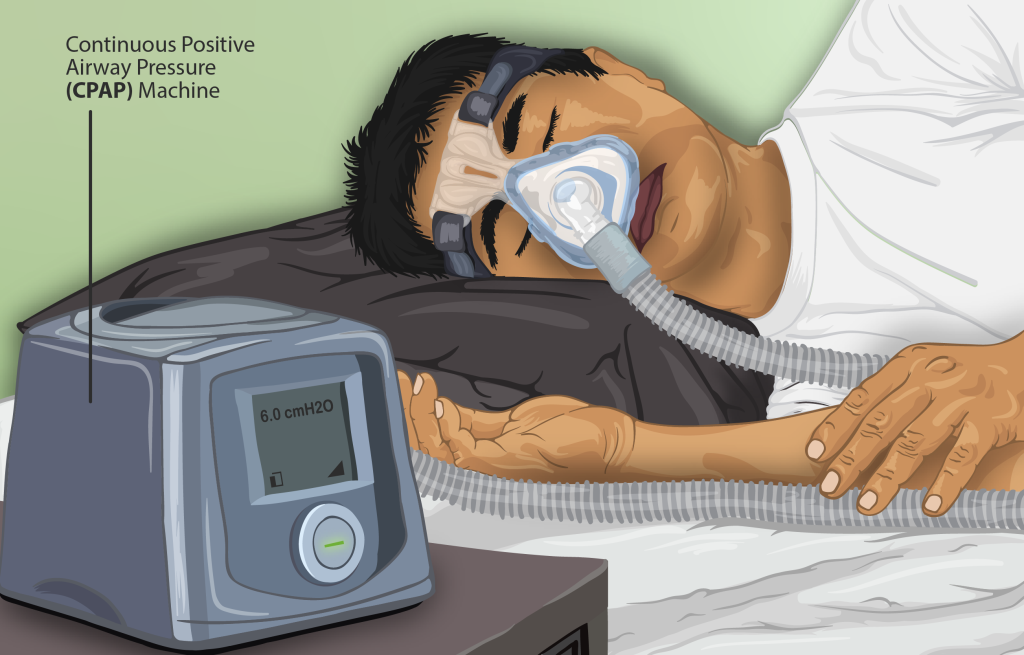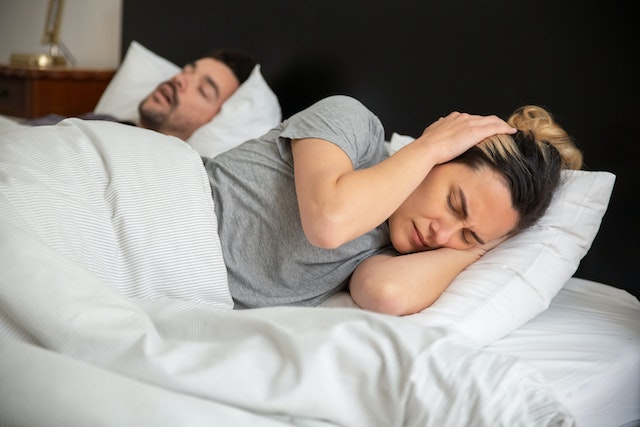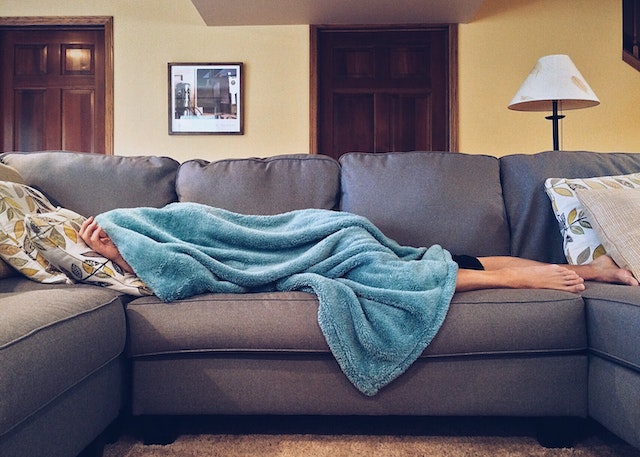Can an ENT doctor help with sleep apnea? Sleep apnea is a critical condition wherein you will struggle to breathe. In this sleep disorder, you will experience frequent trouble breathing. You probably suffer from this condition if you snore loudly and cannot have a good night’s sleep. Here are some major types of sleep apnea:
1. Obstructive Sleep Apnea
Obstructive sleep apnea is a common sleeping disorder that occurs due to the relaxation of throat muscles.
2. Central Sleep Apnea
In this form of sleep apnea, your muscles that control breathing don’t receive proper signals from the brain. Therefore, they are unable to function properly.
3. Complex Sleep Apnea Syndrome
Complex sleep apnea syndrome or treatment-emergent central sleep apnea is the mixture of both the above conditions.
Symptoms of Sleep Apnea
The symptoms of central and obstructive sleep apneas overlap sometimes. This makes it difficult to differentiate between both of these conditions. Here are some common conditions of sleep apnea:
- Awakening with dry mouth
- Morning headache
- Loud snoring
- Inability to breath
- Breathless during night
- Insomnia
- Hypersomnia
- Irritability
- Difficulty paying attention
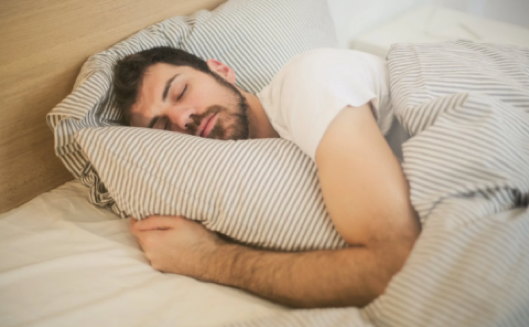
(Source)
If you experience any of the above conditions, you need to visit an ENT specialist. The doctor will diagnose you for sleep apnea and identify the actual type you are experiencing. Furthermore, they will suggest a treatment for relief. Treating the condition in time will save you from heart problems and other severe diseases. You can visit Ear, Nose, and Throat of New York to consult with one of the best ENT specialists in New York City.
Causes of Sleep Apnea
Obstructive and central sleep apnea may occur due to different reasons. We have highlighted the causes in different sections for better understanding. So let’s begin:
1. Obstructive Sleep Apnea
As we already discussed, the relaxation of muscles causes obstructive sleep apnea. Your throat muscles support the tonsils, soft palate, tongue, throat, and uvula. Because of the relaxed muscles, your airway narrows down when you breathe in. This will make it hard for you to inhale enough air. As a result, the oxygen levels in your blood will radically fall. When your brain identifies this inability, it signals your body to wake up so you can breathe properly. This awakening process is sudden, and you won’t remember it once you are awake. Other symptoms of this condition include gasping, choking, and snorting. You may experience this feeling of breathlessness five to 30 times in an hour. Consequently, you won’t be able to reach the restless and deep stage of sleep.
2. Central Sleep Apnea
When your brain fails to send signals to your breathing muscles, they are unable to expand and relax while you breathe. This disability of your breathing muscles will stop your breath, and you won’t be able to make any efforts. When you develop this condition, you won’t be able to enjoy a good night’s sleep due to shortness of breath.
Can ENT Doctor Help with Sleep Apnea?
Loud snoring does relate to sleep apnea, but it is not necessary. Many patients do not snore while they sleep. Therefore, it is essential to visit an ENT specialist if you experience other symptoms of sleep apnea. Upon your visit, discuss your symptoms with the doctor so they can diagnose your condition. After the diagnosis, the doctor may suggest surgery for relief.
A surgical procedure can help you with sleep apnea. Even if you snore, but there is no sign of sleep apnea, you can undergo surgery. Surgical procedures for sleep apnea are mostly outpatient treatments. This indicates that you can go home after the surgery. An ENT surgeon will recommend these surgeries if they notice malformed tissues blocking the air, such as when you have deviated nasal septum. Small lower jaw or enlarged nostrils can also narrow down your throat. The doctor will recommend these treatments if you don’t find any benefit in conservative measures such as weight loss or nasal congestion diagnosis. Here are some common types of sleep apnea surgeries:
1. Somnoplasty
In this procedure, an ENT surgeon will use radiofrequency to eliminate the excessive tissues. This is a minimally invasive procedure.
2. Tonsillectomy
The doctor will perform this procedure to remove the tonsillar tissue. You will develop this tissue at the back of your throat. This treatment is common with children suffering from sleep apnea.

(Source)
3. Uvulopalatopharyngoplasty
This is another treatment to remove the tissue from the back of your throat. The tissue reduces the width of your throat, obstructing airflow.
4. Nasal Surgery
Performing nasal surgery, an ENT surgeon will improve nasal obstruction. This treatment is perfect for treating deviated septum, which causes breathing problems. Surgery of the sinuses is another procedure often needed to clear obstructions.
5. Maxillary Advancement Surgery
Some facial abnormalities can also cause obstructive sleep apnea, such as the development of tissue at the back of your throat. This is an invasive procedure. An ENT surgeon will only recommend this treatment if the condition is severe.
ENT Doctor for Sleep Apnea: Conclusion
Are you suffering from sleep apnea? Visit a professional ENT doctor and share your symptoms. If you live in NYC, visit our ENT clinic. Our professional ENT surgeons will diagnose your condition and identify the actual cause of sleep apnea. They will suggest the best treatment plan, so you can have a good night’s sleep.
Call us today to schedule an appointment:
Michael C. Burnett, MD
115 East 57th Street
(Between Park + Lexington Ave.)
Suite 600
New York, NY 10022
Sources
https://my.clevelandclinic.org/health/diseases/8718-sleep-apnea
https://www.mayoclinic.org/diseases-conditions/sleep-apnea/symptoms-causes/syc-20377631
https://www.webmd.com/sleep-disorders/sleep-apnea/sleep-apnea






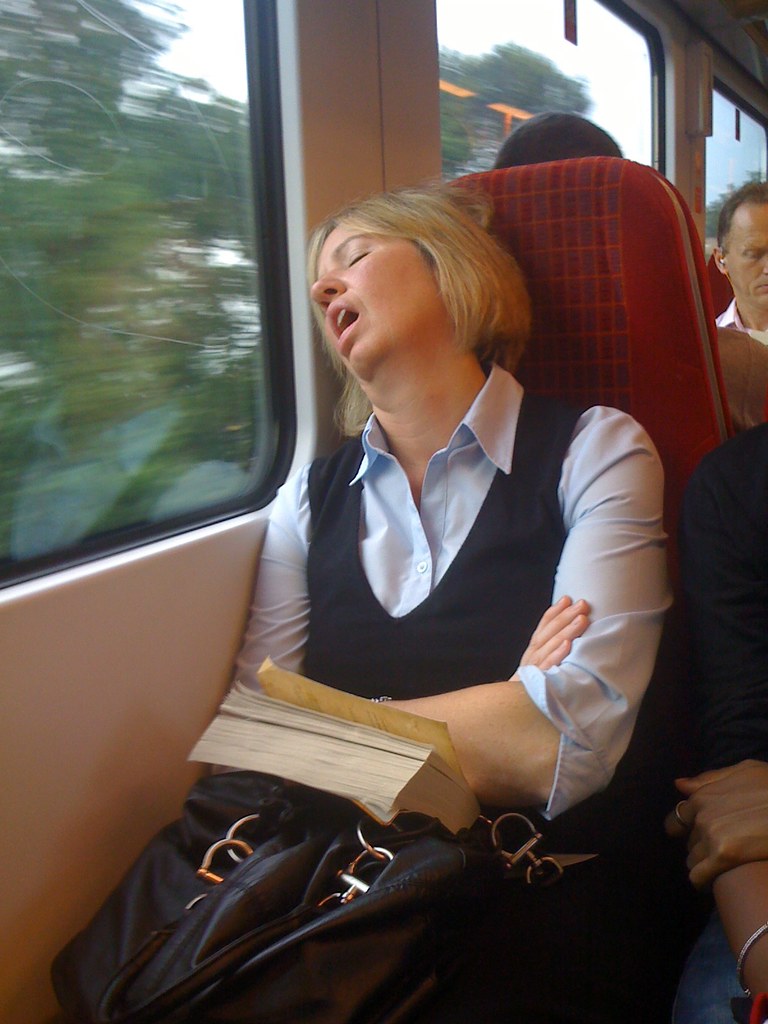 What is sleep apnea and what are the treatment options? Sleep apnea is a common but serious sleep disorder where breathing repeatedly stops and starts. It can lead to a variety of health issues if left untreated. Understanding its causes,
What is sleep apnea and what are the treatment options? Sleep apnea is a common but serious sleep disorder where breathing repeatedly stops and starts. It can lead to a variety of health issues if left untreated. Understanding its causes, 